HANNAH OPESKIN
Hannah Opeskin is Health Promotion Officer, Haemophilia Foundation Australia
HFA is currently developing new information resources for young women with bleeding disorders. These resources are for young women aged 13-25 years.
As part of the development process, HFA surveyed young women with bleeding disorders aged 13-25 years, parents with daughters aged 13-25 years and health professionals who work with young women with bleeding disorders or carry the bleeding disorder gene and are between these ages. Results from the survey will be used to help guide and develop the resources.
The following are responses from the survey.
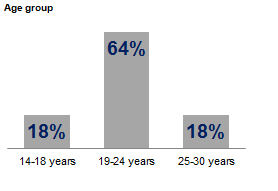
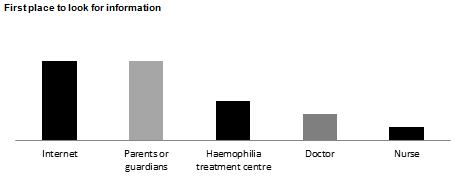
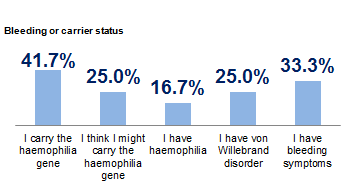
How to access education information
72.7% of young women wanted education information to be available in both print and online
100% of young women believed that the education resources should contain personal stories.
Topics with a lack of information
Young women had experienced difficulty finding information about the following:
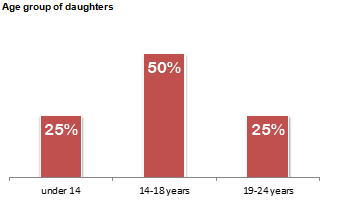
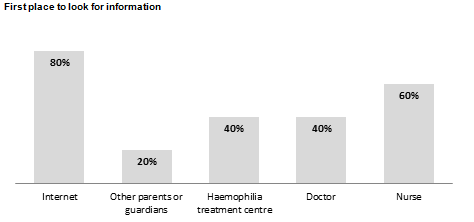
How to access education information
100% of parents wanted education information to be available in both print and online
Parents of daughters with bleeding disorders believed that the education resources should contain videos and checklists
Health professionals believed that the important issues for von Willebrand disorder were:
Health professionals believed that the important issues for young women carrying the genetic alteration for haemophilia were:
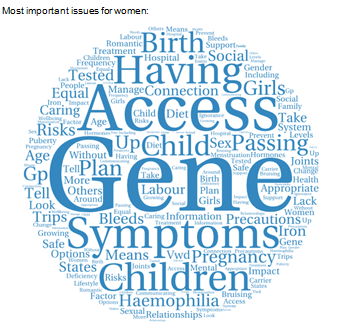
How to access education information
69% of health professionals wanted education information to be available in print as well as online with the ability to download
92% of health professionals wanted education information to contain personal stories
Haemophilia Foundation Australia acknowledges the Traditional Owners and Custodians of Country throughout Australia, the land, waters and community where we walk, live, meet and work. We pay our respects to Elders past and present and extend that respect to all Aboriginal and Torres Strait Islander peoples.
Sign up for the latest news, events and our free National Haemophilia magazine